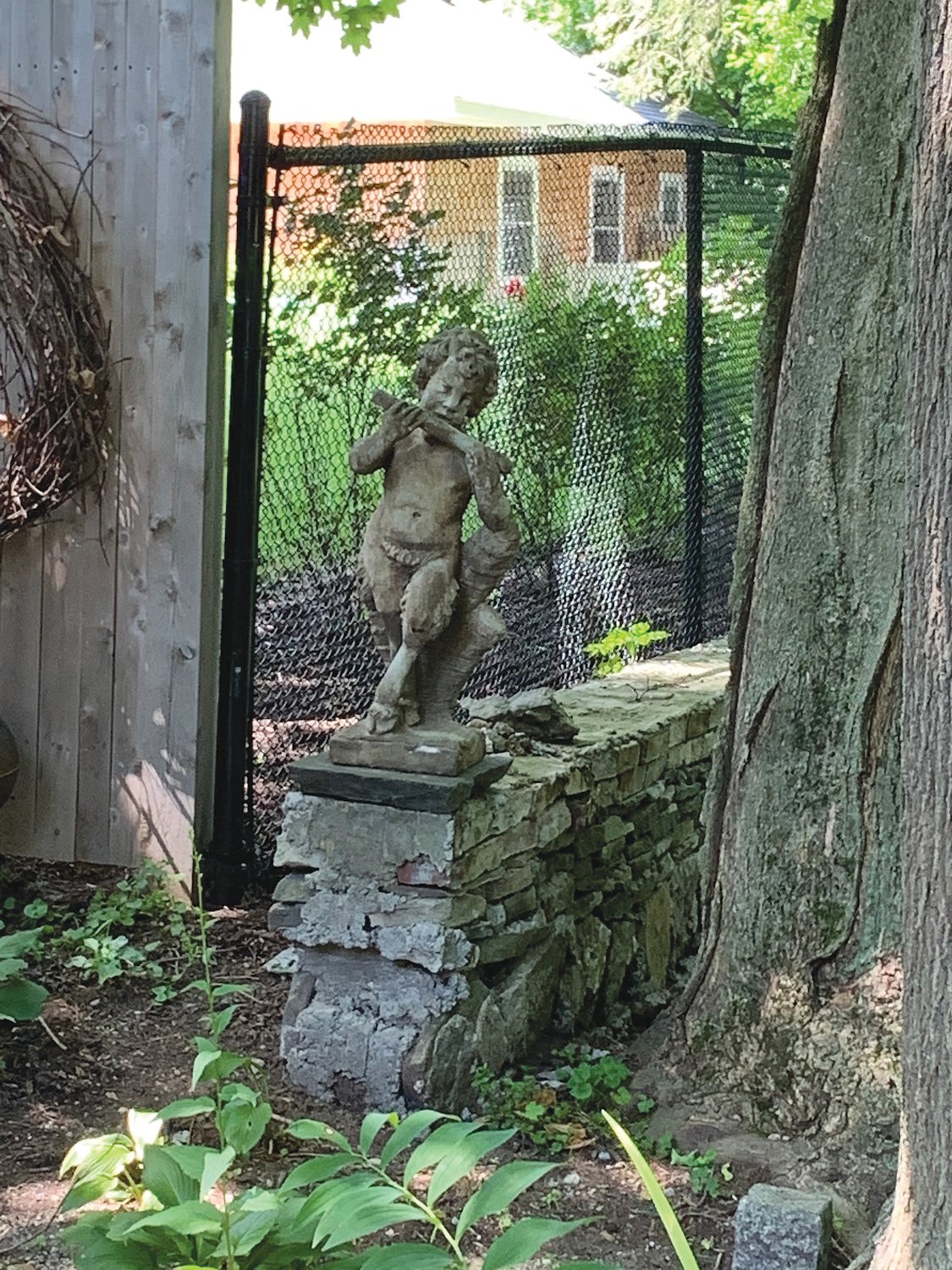There’s more to Columbus than meets the eye
Did you know that a pigeon is a dove and that the word “columbus” means just that in Latin, the bird that makes a cooing, melancholy melody over all the continents and builds nests in every city upon our globe?
And did you know that the biblical Noah sent out the bird from his ark three times before coming to rest in a safe harbor? The first time, the bird flew back to the ark, the second time it returned with an olive branch in its beak, and the third time it did not return because it had found a place to build its nest, signaling to Noah that all was well after the great planetary flood of folkloric fables ... or perhaps of genetic and universal inborn memory.
You can read something of Noah into the biography of Christopher Columbus.
But all of our honored arts and their forms and genres are in big trouble these days. Maybe especially here in our hemisphere. We are erasing the names of national holidays, destroying or insulting and assaulting statues honoring our heroes of yore, and raging against those who object to this defacement and denial.
I have visited statues of Columbus far and wide, from Ohio to Puerto Rico, New York to Boston’s North End waterfront park, the campus of Manhattan’s Columbia University to the campus of Bristol Community College, the junction of Cranston and Providence to the boulevards of Newport.
Did you know that what was once the greatest library in the world was created by Christopher Columbus’ youngest son? This “love child” sailed with Columbus at the age of 12 and wrote an admiring account of his beloved father in his personal journal. And he went on to collect scrolls and books dedicated to his famous forebear’s courage and imagination.
I have no desire, nor any intention, of justifying the cruelties and tragedies of the renowned and celebrated – and later despised – explorer’s ambitious and relentless voyages, but only to put in a plea to add more facets, facts and faces to the account of his failings ... and thus to create a portrait not only of a man but of a species: the human species. The entire evolution of our collective presence upon the Earth is a saga of pollution, piracy and mass murder!
In the Providence branch library at Smith Hill, there is a book by one Simon
Wiesenthal, “Sails of Hope,” in which the famous Nazi hunter, concentration-camp survivor and creator of the Museum of Tolerance, in California, claims that the crew on Columbus’ ships was made up primarily of prisoners of Spain and Portugal who were otherwise facing a fiery death at the stake during the notorious Spanish Inquisition. In other words, they were somehow rescued rather than being exploited.
Here in our town, there is a professor named Carol Delaney who writes another version of the admiral who brought Bible study to the Americas. She stands up in print with a diverse view of how we might contemplate the character of Columbus.
Sukkot is one of my favorite holidays, for its own diversity: open roof, open doors, open welcome to our ancestors as well as strangers, ghosts, neighbors, and the past and the future, plus moments under the moon and stars, rain and sunbeam, fantasy and fact.
MIKE FINK (mfink33@aol.com) teaches at the Rhode Island School of Design.








